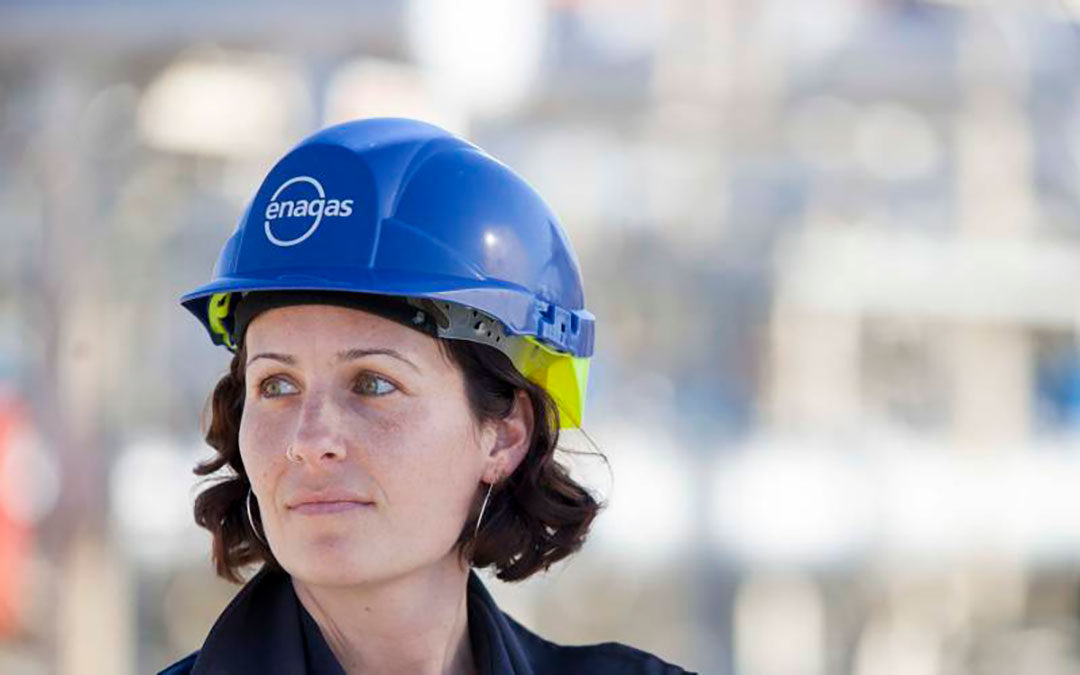“Women in leadership: Achieving an equal future in a Covid-19 world” is the theme on which the United Nations would like us to reflect this 8 March regarding the situation women face in the context of Covid-19 and the impact the pandemic is having on gender equality. According to the United Nations, economic crises hit women hardest, and this one is no exception. Covid has had a particularly significant impact on women’s jobs and businesses, and women are likely to face more long-term obstacles to their joining the workforce. The International Labour Organization notes that, globally, women and young people are the most affected by the decline in employment and warns of the risk of “an uncertain and uneven recovery”, which could increase inequalities.
In this context, and at a time as complex as the present, in which the capacity for resistance, effort, creativity and reinvention are so necessary, I would like to vindicate the leading role of women in achieving an environment of normality, given the highly exceptional times in which we live. More specifically, I want to highlight the decisive contribution of women energy professionals to the resilience that our sector has been demonstrating to this crisis.
We have provided at all times, and in the most adverse circumstances, an essential service for the population such as energy supply . This has been possible thanks to the excellence of the people working in the sector, always at the ready, among whom are many women in all kinds of roles, including technical and critical ones. From those deployed in infrastructure, where the incorporation of women continues to rise, to those working in the fields of digitisation and systems who have successfully facilitated the leap to teleworking on a massive scale, and those who have led the implementation of health, safety and emergency plans in the midst of the health crisis.
Where Enagás is concerned, many names come to mind, and although I cannot list them all, I will give two examples as a representation of their colleagues in the company and their counterparts in the industry. In our infrastructures, there are women in the positions of director, operations manager, head of maintenance, team leader, operators… One of them is Ángela Rodríguez from our Huelva Regasification Plant, one of the terminals where employees such as herself were even confined to motor homes in order to guarantee continuity of service
Another example is Susana de Pablo who is in charge of our Principal Control Centre, the ‘brain’ of the Spanish Gas System. From there, we have been working harder than ever, in real time, as usual, and 24 hours a day to ensure its proper functioning and a constant supply of gas even at the worst moments of lockdown.
The proportion of women in leadership in the company has been evolving. It has exceeded parity as regards senior positions in the business, and women account for 37.1% of the total number of executive and pre-executive positions. The progress we have made, and the fact that we are ranked third in the world on the Bloomberg Gender Equality Index, are incentives for us to keep improving.
This evolution has been taking place throughout the sector, with female directors and chief executives, such as Maria Rita Galli, who only a few weeks ago was appointed CEO of our affiliate DESFA, national gas transmission system operator in Greece.
Post-Covid reconstruction will be a turning point and an opportunity to contribute to a better future, curb climate change and advance towards carbon neutrality. What role will women play in this transformation of our sector? Ecological transition and new energy vectors such as hydrogen may provide a boost to strengthen their prominence and leadership, integrating their experience in strategic decision-making and, ultimately, encouraging them to be even more fully integrated into a more sustainable energy sector.
This is what is envisaged by the Spanish Government’s Recovery, Transformation and Resilience Plan for Spain’s economy, which is structured into four crucial lines of action: ecological transition, digital transformation, gender equality and social and territorial cohesion. The recovery that leaves no one behind we are building together must not only avoid reversing the progress made in diversity and inclusion in recent decades, but even more importantly, it must speed up the process.
